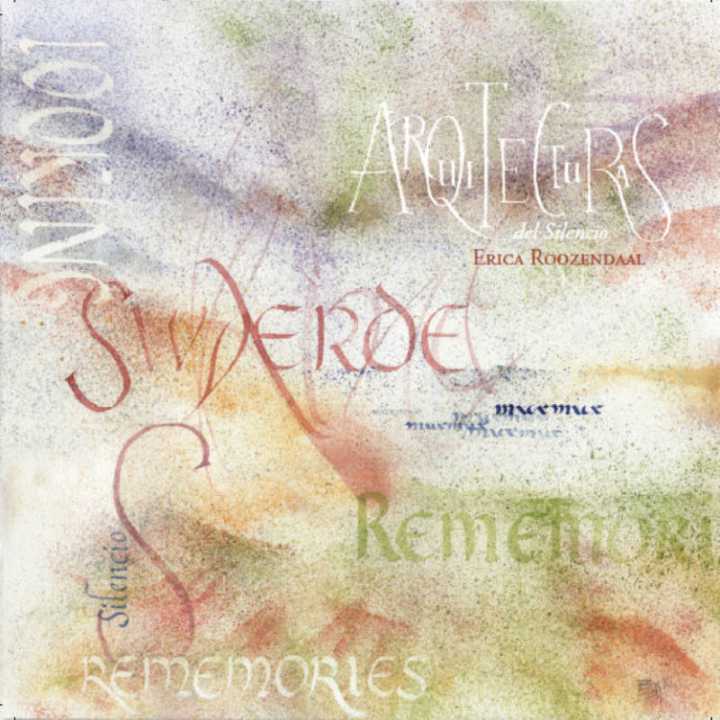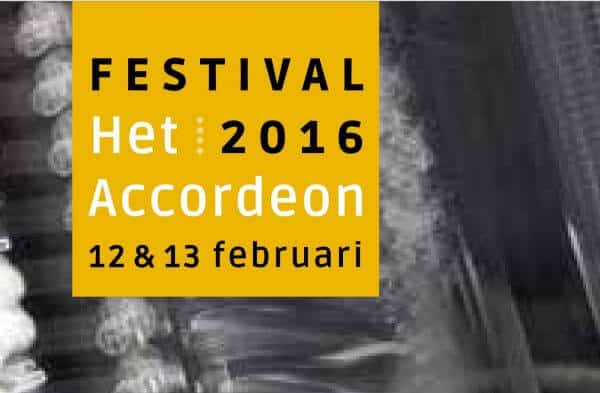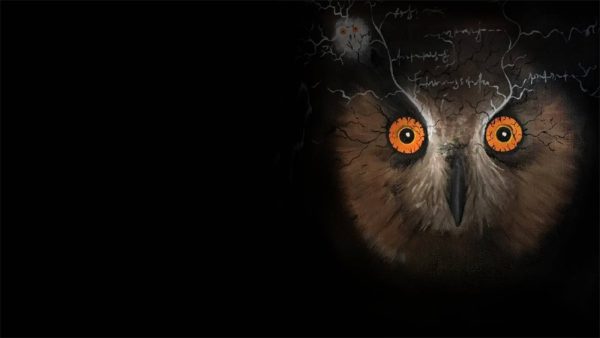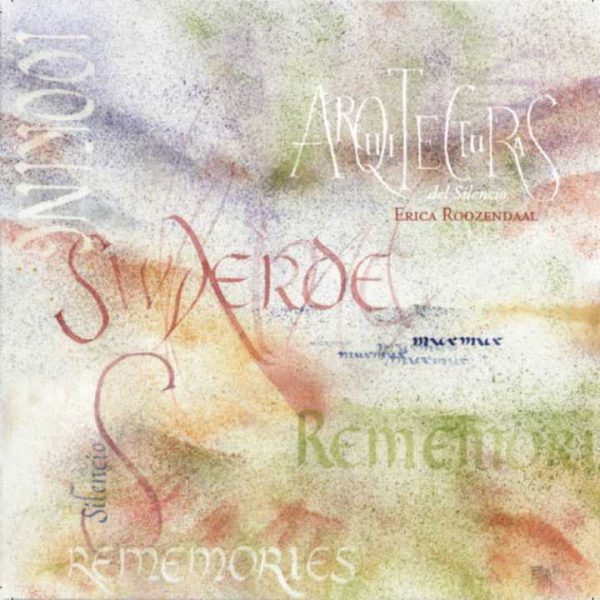I fear that this Erica Roozendaal, a fledgling thirty-something with an indescribably punishing mastery of that wonderful instrument called the accordion, is an all-too-unwritten page here with us. However, you may know her from her role in the Shtetl Band Amsterdam, with whom she released a very fine record not long ago entitled “Roots & Shoots Live.” Erica, who started playing the accordion when she was eight years old, soon “ran out of steam” in Holland and moved to Copenhagen to continue her music studies and, while she was there, she not only did her bachelor and master in Denmark, but added a second master, this time in Oslo, Norway.
It must be that Erica has developed some passion for Scandinavia, because for the recording of this, her first solo record she went to Iceland, where in the little church of Húsafells she spent three days recording nine songs, some old stuff, some recent, some other people’s work and some of her own arrangements or composition. Violinist Bert Vos of the Shtetl Band Amsterdam contributed some violin here and there, and Frank Aarnink, who hails from Hengelo but emigrated to Iceland, provided the sparse percussion that can be observed on the record.
Such an (almost) solo record is quite an undertaking, but I must say that Erica succeeds molto con brio in this difficult task, and this is immediately apparent in “Looking on Darkness,” an arduous but immensely beautiful piece that Danish composer Bent Sörensen wrote in 2010 for Erica’s Norwegian teacher Frode Haldi and which takes its title from Shakespeare’s sonnet n° 27: a very fine blend of traditional folk and classical composition makes this ten-minute long piece the ideal means for Erica to showcase her technical prowess while demonstrating her maturity as an interpreter. From the book of Geneva Psalms comes the “Geestigh Liedeken,” which is paired here with an Amsterdam folk tune “Praise of eating game roast.”
In turn, Erica got the title song from Spanish composer J.M. Sanchez-Verdú, someone whose music she came in contact with while studying and living in San Sebastian for a while. His composition is almost as important for what it says, as for what is omitted and thus “silence.” Anyone who wants to hear what modern accordion music can lead to, should give this a listen: wonderful stuff, which you are immediately hooked on. Bredero reappears in “‘At Night Most Animals Rest,” which I learn here was originally called “Lascivious Youngsters.” Erica stays with old Dutch music with “Met Sinen Blancken Swaerde,” an arrangement by Igor Iofe of the widely known “Het Daghet in den Oosten.”
Pièce de résistance of the record is the more than 11-minute-long “Murmur in The Wind” by composer Farshid Samandari, who was originally Iranian but currently resides in Canada: here it truly explores every corner of the terrain that an accordion can cover, and this may not be the most accessible piece on the record, in part because of its use of scales and techniques unusual to us, but it is incredibly beautiful. By way of variety, Erica returns to old work of Dutch origin: “Die Nachtegael in ‘t wilde” is a dance version -with violin by Bert Vos- of the “Wellustige jongelingen,” which were also described and sung in the fourth song. From the Groningen poet Ida Vos comes the text “Silent,” which Erica herself provided with music, and may I urge each of you to read some of this great lady’s poems: “Thirty-five Tears,” from which “Silent” comes, is particularly beautiful, but also “Miniatures” and “Dancing on the Bridge of Avignon” pay off. Not that I have more of the lady in the house, but these three all deserve to be rediscovered.
Closing song “Rememories” actually consists of two parts: the first is a reprise of “Singing on eating game roast,” and the second refers again to Bredero and his “Come I once straight subdued,” and in both pieces you can hear special percussion input from Frank Aarnink, who generates rhythms with spoons and stones.
I note that I have particularly many lines to spare for this record which, I feel, cannot be shrouded with enough praise: despite her youthful age, Erica Roozendaal manages to sound like a very mature and seasoned musician, who, on top of that, is unbridledly curious about life. Such people we should cherish, because they are equipped with antennas, capturing things that you and I have no clue about. That she can make this listenable for you and me as well, I think is a great gift, and I certainly cannot close without a word about the very fine packaging of the record: a lot of dedication and care has gone into this. Blessed!
(Dani Heyvaert)









